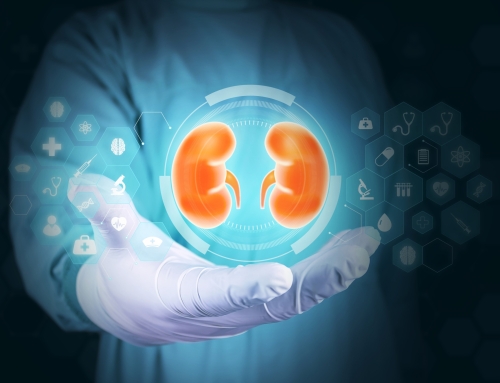African American, Hispanic, American Indian and Alaska Native adults are twice as likely as white adults to have diabetes, which is the leading cause of chronic kidney disease (CKD).
- High blood pressure, obesity, and a family history of kidney disease are also major risk factors for CKD.
- Other factors that can lead to kidney failure include drug abuse, HIV, and sickle cell disease.
CKD and its progression to kidney failure (also known as End Stage Renal Disease, or ESRD) is devastating and disproportionately affects minority communities.
- African Americans are 3.6 times more likely to have kidney failure.
- Hispanic Americans and Native Americans are almost twice as likely to develop kidney failure when compared with the general population, and
- Asian Americans are also at an increased risk for kidney failure
- Diabetes increases the risks of kidney disease. African Americans with diabetes are 3 to 5 times more likely to suffer from kidney disease.
- The incidence of reported ESRD in people with diabetes is more than 4 times as high in African Americans, 4 to 6 times as high in Mexican Americans and 6 times as high in Native Americans than in the general population of diabetes patients.
Many people already know they have diabetes or high blood pressure but are not aware they may also have kidney
disease.
- In a recent study conducted in Mississippi, released in January 2009, only about one in six African-Americans found to have CKD was aware of having the condition.
- Access to education and treatment is crucial to minority communities. When kidney disease is diagnosed early, kidney failure and its serious complications can be prevented or delayed.
- Improving education and treatment options can substantially improve health care outcomes while reducing health care costs.
When kidney failure happens, dialysis and kidney transplantation are the only options.
- Kidney failure occurs when kidney function drops to 15 percent or less – at that point, patients can only live if they undergo regular dialysis treatments or obtain a kidney transplant.
- Nearly 70,000 patients are on the waiting list for kidney transplants, with African-Americans alone comprising 35% of those patients.
- Minorities are more likely spend more time on the waiting list.



